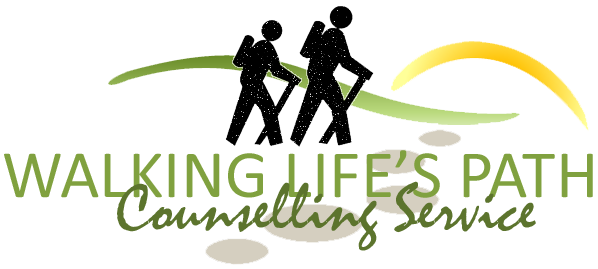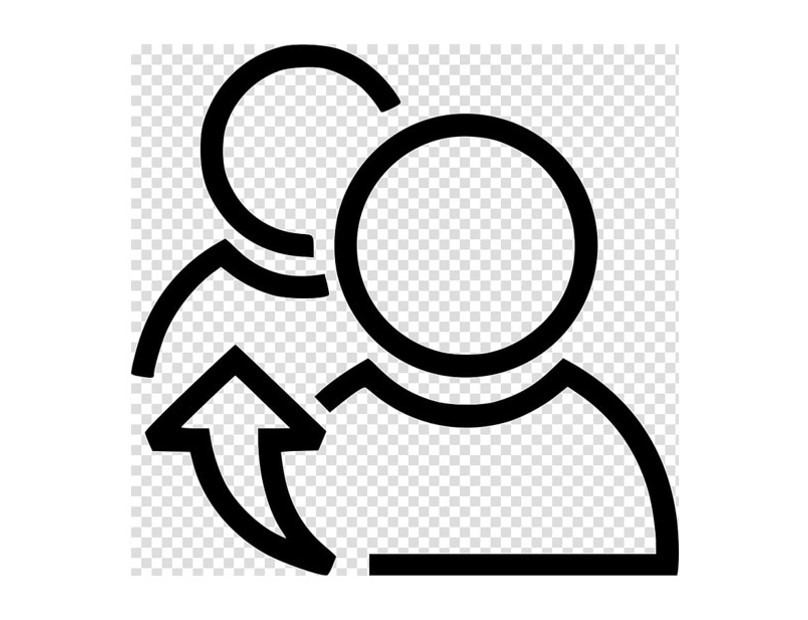Counselling
So what is counselling, and how can it work for you?
Counselling can be particularly helpful if an issue is difficult to face or you are unsure how to deal with it. It can even be helpful for dealing with situations outside your control or dealing with the behaviour of others. Counselling is about working with you on strategies to overcome obstacles and personal challenges that you are facing.
It's not a matter of being 'unable to cope', or 'lacking strength/resilience', sometimes it can be about finding the right tools to deal with a situation or issue or person, whatever that may be. Counselling gives the opportunity to talk to someone who is outside of the issue, which can help you gain clarity on the situation. It is not at all about giving advice, but instead helping you find ways to find things that work for you.
For more information see: What is counselling? and what can it do?
Choosing a professional counsellor
Professional counsellors help clients identify goals and potential solutions to problems which cause emotional turmoil; seek to improve communication and coping skills; strengthen self-esteem; and promote behaviour change and optimal mental health.
Professional counsellors can be found through one of two databases in Australia, ACA the Australian Counselling Association, and PACFA the Psychotherapy and Counselling Federation of Australia.
You can also request of the counsellor what their qualifications and experience are, even query any specialities, such as trauma, abuse, anxiety, relationships, grief, etcetera. Belonging to one of the above associations also means that the association holds the counsellor accountable for maintaining supervision and ongoing professional development. If you are unsure whether your counsellor is qualified or maintains their regular requirements you can check their details on the ARCAP register.
For more information see: How do I know if the counsellor is a professional?
Are there limitations to what can be shared in counseling?
Any subjects or experiences, from an everyday concern to a unique circumstance or situation are suitable for a counselling session. Concerns such as a separation, existential concerns, shame, guilt, or lack of trust - talk to the counsellor you are looking to book with and ask any questions you wish to to help clarify this for you. Counselling addresses concerns across many lifestyle and life stage events and circumstances. See FAQ: What sort of topics or experiences is it ok to talk about in counselling sessions? and Is counselling kept confidential?.
It is important to understand that counselling is not a 'quick fix', in fact it can be very challenging. It is a process of healing and change that often takes time, practice and patience.
I have found that often counselling involves a lot of finding, seeking, and learning 'grace for self'
-- Danielle-Marie, counsellor at Walking Life's Path




